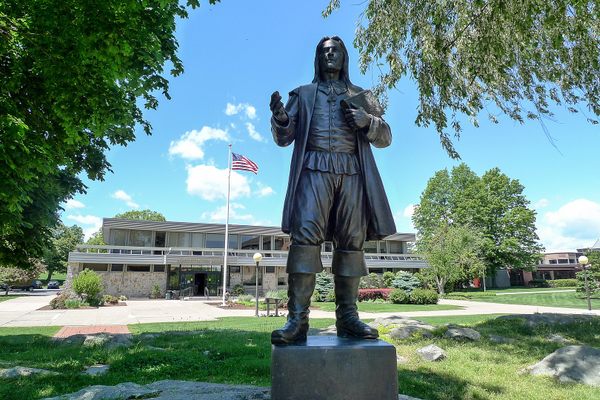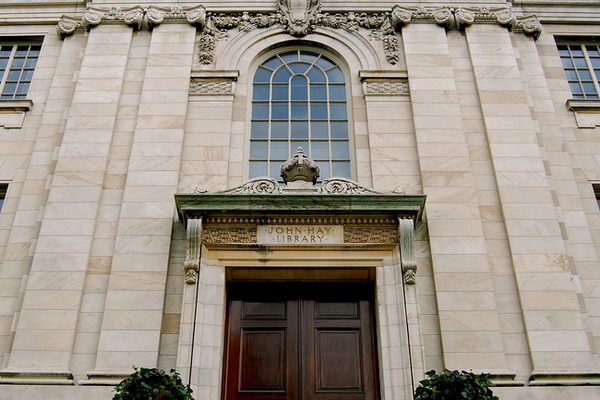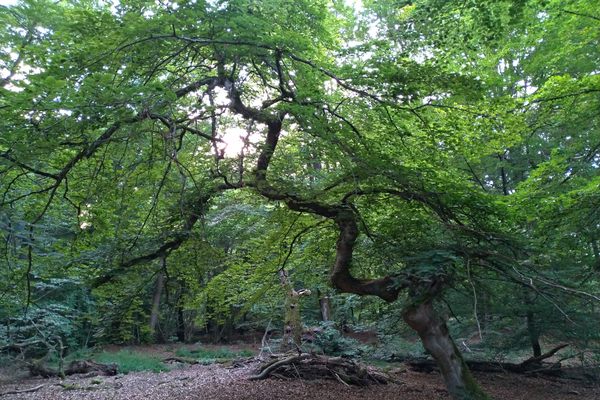Roger Williams Root
The vaguely man-shaped root that ate the body of the founder of Rhode Island.
Roger Williams, founder of Rhode Island, was laid to rest on three separate occasions. On one of those occasions, all that was found in his coffin was a twisted, Roger-shaped root.
Due to the separation of church and state that Williams himself had fought to establish, Providence, Rhode Island had no public burial grounds until 1700. So when Roger Williams died in 1683, he was buried in a humble grave on his own property—so humble that the site was nearly forgotten when his house collapsed some years later.
In 1860, however, almost two centuries after his death, local community leader Zachariah Allen went looking for Williams’ remains. When he dug up the ground where they were believed to lie, he found only a vaguely anthropomorphic apple tree root that had filled the coffin—deriving nourishment, it was assumed, from the founder’s remains.
The story goes that as the root traveled through the length of Williams’ body, it took his shape, twisting where Williams twisted and splitting where Williams split until it looked roughly like a stick figure of a man. The ancient root is now tacked to a coffin-shaped board on display at the John Brown House, the historical home of one of Providence’s most prominent past citizens.
Without a corpse to re-bury, Zachariah Allen took some dirt from the tree root’s grave and deposited it in a mausoleum in the North Burial Ground, Providence’s main cemetery since 1700.
Roger Williams’ final resting place, however, is in Prospect Terrace Park, where a monument was erected to him by the Works Progress Administration in 1939. The statue, park, and interred remains are located on Congdon Street, just a few blocks from the John Brown House and its infamous root.
Adapted with Permission from: The New England Grimpendium by J.W. Ocker


















Follow us on Twitter to get the latest on the world's hidden wonders.
Like us on Facebook to get the latest on the world's hidden wonders.
Follow us on Twitter Like us on Facebook